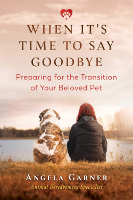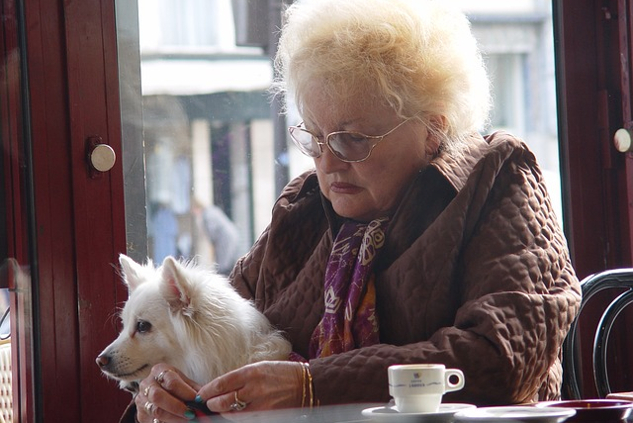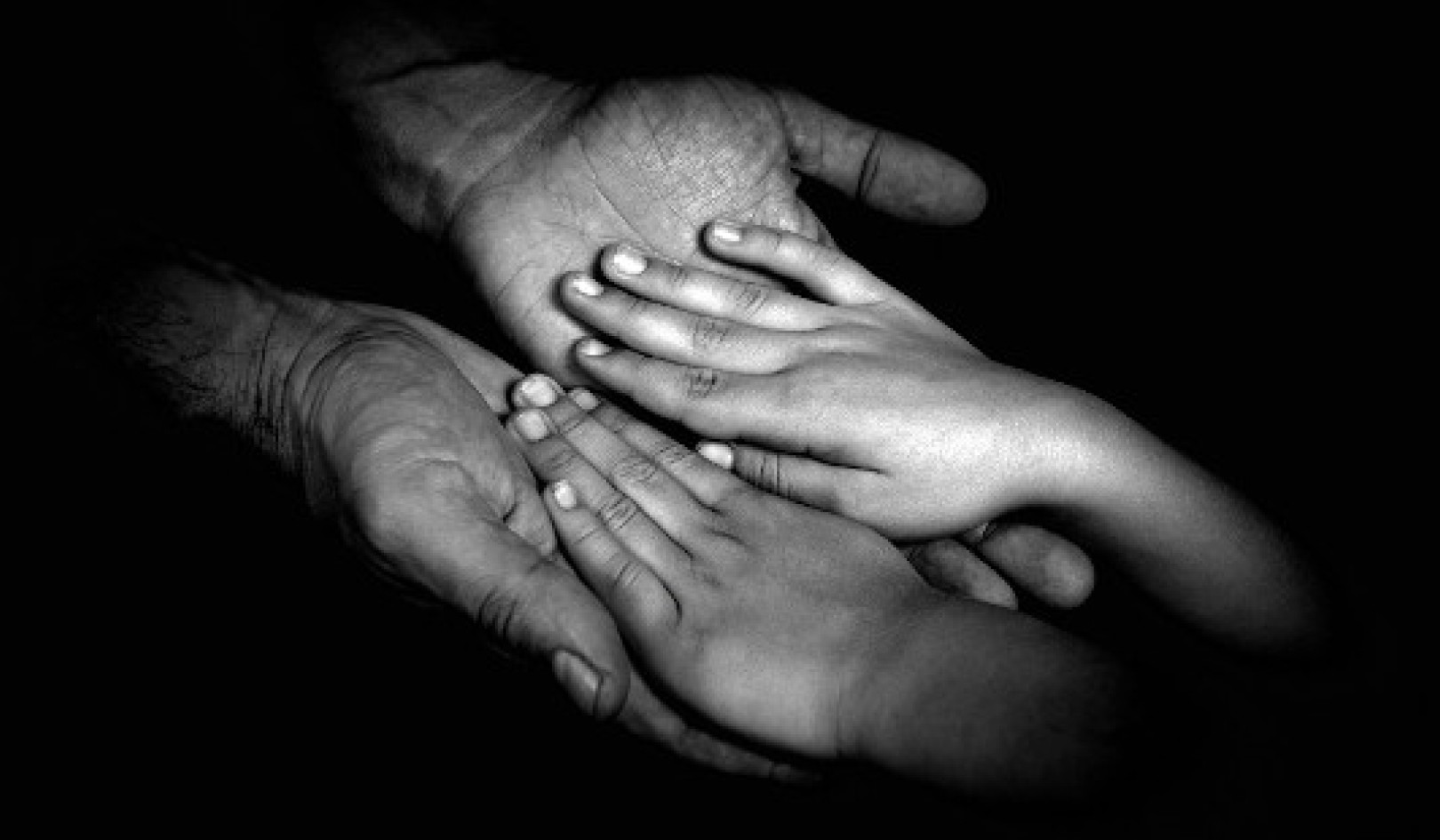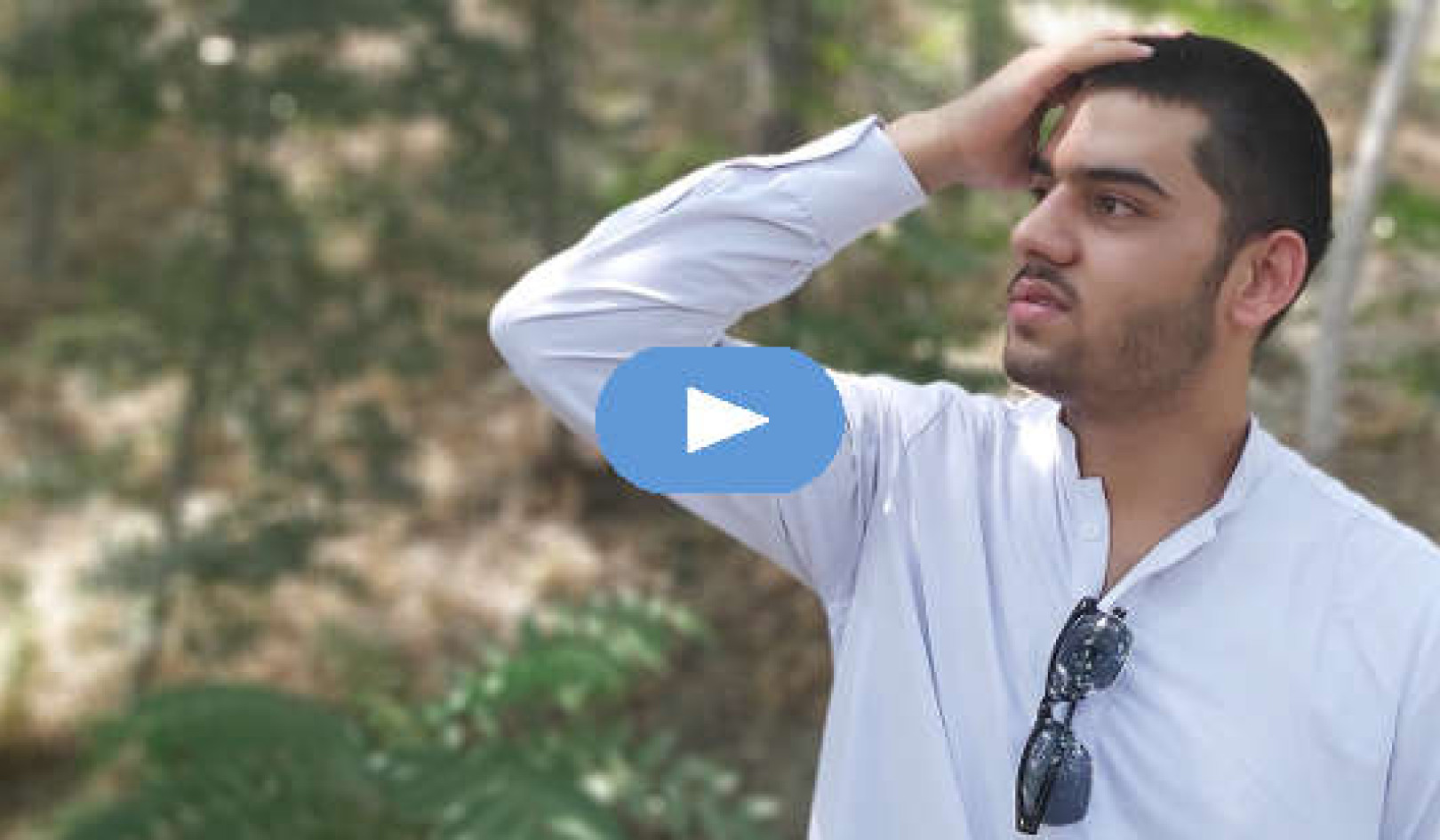Editor's Note: While this article deals with pet bereavement, its information may be applicable to other losses, as well as to loss of a human loved one.
Guilt often arrives on its own account to burden us when we are trying to cope with a recent loss. Guilt brings the uncomfortable sense that things aren’t quite right and makes us question everything, sometimes over and over in our minds, bringing up “what if”, “should have” or “shouldn’t have”, and such like.
Bereavement—indeed, loss of any sort—causes many feelings, such as shock, distress, anguish, disbelief, and anger, a whole emotional roller-coaster. Our normal every-day routine is shattered, and we face the difficult task of having to rebuild life in a new way, adapting to the changed circumstances, which of course is very challenging. It feels like the rug has been pulled from under our feet, making us doubt and question everything to do with the circumstances leading up to the loss.
When Guilt Comes Through the Door
It’s as though this uncertainty leaves the door open to the unwelcome visitor called “guilt”, which arrives with a ton of unwanted baggage that weighs us down with all sorts of negative thought processes, such as:
* Feeling guilty if we stop thinking about the pet we have loved and lost or if we find ourselves smiling or laughing
* Recurring worries about having fallen short in some respect
* Not being able to reconcile the loss
* Feeling a weight or cloud that never seems to lift
* Not being able to move on, or, indeed, that we should move on
* Feeling that we don’t deserve to be happy ever again.
What Can Be Done About Guilt?
Like all unpleasant things, sometimes you need to bring what you’re thinking and feeling right out into the open so that you can see what is really going on. Once you see guilt for what it is you can begin to deal with it.
There may be something specific you can’t quite reconcile in yourself. If so, take some time to try and identify what exactly it is; perhaps you can talk it through with a friend, family member, or pet bereavement counsellor/befriender.
Once you understand what is worrying you, think about whether you can do anything about it. For example, sometimes bereaved people find that a short conversation with their vet helps clarify an issue.
When I was supporting a man through the devastating loss of his German shepherd dog, it came up in conversation that he felt guilt-ridden because he hadn’t taken his elderly and sick dog to see the “Super Vet” from the TV series, to check out if there was any surgery that would have helped the dog’s diminishing immobility and, therefore, given her a few more months, or maybe longer. He felt that he’d let her down and hadn’t done absolutely everything possible.
This dog had, in fact, been cherished throughout her life and looked after wonderfully, from puppyhood right through to the age of 12 years. Because he couldn’t get past this issue, I encouraged him to contact his own vet to have a conversation about it. Thankfully, he eventually did this, and his vet was able to reassure him that he had done the kindest thing for his beloved dog by allowing her to be gently put to sleep when he did. She explained that any further intervention would only have stressed the dog and, if it had been her own dog, she certainly would not have considered major surgery to prolong life.
Unfortunately, sometimes there can be pressure from people who pass unhelpful comments, such as the person who said to a lady who had her golden retriever put to sleep at nearly 16 years of age, “Oh, I think he had a bit more time left in him.” Thankfully, the dog’s guardian could see the futility and insensitivity of this comment and therefore was able to dismiss it, knowing that she’d done what was best for her dog.
However, sometimes there isn’t a specific issue that causes guilt, but a feeling that somehow one’s best never seems enough for such a beloved pet. An important aspect of coping with guilt is to reason through what actually went on and establish a balanced view of the circumstances. It is so easy to fall prey to negativity, when in fact there may be a large number of positive things which aren’t being taken into account. This next activity is offered as a way to step back from the emotional turmoil surrounding guilt to get a more objective view.
ACTIVITY: Coping with Guilt Issues
Look back over the time you shared with your pet, and think about the many things you did to make their life as happy as possible.
Take a piece of paper, and draw a circle in the middle. Write your pet’s name in this. You can use coloured pens if you have any. Now draw lines out from that circle and draw smaller circles at the top of each line, making some big and some small.
In each of these surrounding circles, write a few words about what you did for your pet to make their life as comfortable and happy as possible. For example, you may write “always got them checked at the vets when needed”, or “made sure they had the type of food they enjoyed”, “bought them a comfy bed or large cage”, or “played with or walked them regularly”. You may find there is a lot!
You could include how you helped to settle them in when they were new to your family or how you tried to work through any challenging times.
There may be lots of small, everyday things you did that you never really thought about before, all of which helped create a safe and happy environment for your pet. Write them all down in the separate circles, because they all count. If you’re artistically inclined, you could draw little pictures to depict each item, or you could find pictures in magazines or online to cut out and use that depict what you’re thinking.
Once you’ve covered most things, step back from it for a while. Then, later on, take a fresh look at what you’ve created. Is there anything to add?
Now take some quiet time to gaze at what you have created and absorb the overall impression of how you surrounded your pet with as much care and love as you could. Each time you start to feel yourself being pulled back into the guilt trip, try to pause and think about what you created, which you can see in front of you.
As one lady reflected after working through this activity after the loss of her much-loved cat, Pascal:
I had a go at the exercise that you suggested on Coping with Guilt. I was indeed surprised at all of the things that my husband and I did in order to give Pascal a comfortable and happy life. It was a refreshing change to brainstorm positive thoughts instead of negative ones. I will keep hold of it to remind myself that in just short of 13 years, Pascal lived like a king!
Understand that guilt serves no useful purpose whatsoever, and ask yourself, “Do I want to spend the rest of my life carrying around this unhelpful feeling?”
Anger in Pet Bereavement
Anger is known to be a natural reaction within the grief process. Not everyone feels anger during grief, but if you do, it can be very difficult to cope with.
You may feel angry at yourself, your partner, the vet staff, anyone involved in the death of your beloved pet, or even a higher source, such as God. You may blame someone for what happened or how it happened. You may feel angry and not know why. Or you may simply feel angry at the world at large—perhaps because the world carries on around you as though nothing has happened, when in fact your own world has just fallen apart.
It’s important to understand that feeling this way is a normal part of the grieving process, and rather than load guilt onto yourself about it, it’s better to look at what you can do about it.
Firstly, recognize anger for what it is: a necessary and sudden release from the increasing pressure of emotions. Anger could be described as strong and overwhelming negative emotions that cause you to feel intolerant, annoyed, and generally “on a short fuse”.
Where does it come from? Anger is a readily available emotion, especially when you’ve lost something precious, or you can’t understand what on earth is happening, or you can’t do what you want, or you are denied what you most need.
What to Do About Anger?
Anger needs to be released but in a safe way. So give yourself the necessary time and private space to do so.
Cautionary Note about Releasing Anger:
It is dangerous to take out your anger when driving or doing anything that is potentially hazardous.
Anger can be destructive and, therefore, needs to be focused away from others, whether that is other people or animals.
Possible Ways to Release Anger:
* Punching a pillow
* Going for a run or fast walk
* Taking some deep breaths in and out, exhaling the anger consciously
* Shouting or screaming outside in the open maybe at a tree, the ocean, from a hilltop
* Crying or sobbing without inhibition
* Scribbling down on paper how you feel, and then tearing it up
* Drawing or painting what you’re feeling
* Stamping your feet, waving your arms
* Dancing to rock music
* Any other safe activity that releases the adrenalin surges that come with anger.
Unresolved anger can quickly become heated and destructive. If you feel your anger is out of control, or you feel you cannot cope with it, consider seeking the help of an experienced and qualified counsellor.
Copyright ©2021. All Rights Reserved.
Adapted with permission of the publisher,
Findhorn Press, an imprint of Inner Traditions Intl.
Article Source:
BOOK: When It's Time to Say Goodbye
When It's Time to Say Goodbye: Preparing for the Transition of Your Beloved Pet
by Angela Garner Our pets are members of our families. The death or separation from a beloved animal friend--whether anticipated or unexpected--can unleash a roller coaster of emotions. In this compassionate guide based on 20 years' experience helping individuals and teaching veterinary professionals, Angela Garner offers practical support and guidance to help you prepare for your pet’s death ahead of time, do your best by your animal friend when the time comes, and work through your grieving process afterward.
Our pets are members of our families. The death or separation from a beloved animal friend--whether anticipated or unexpected--can unleash a roller coaster of emotions. In this compassionate guide based on 20 years' experience helping individuals and teaching veterinary professionals, Angela Garner offers practical support and guidance to help you prepare for your pet’s death ahead of time, do your best by your animal friend when the time comes, and work through your grieving process afterward.
Click here for more info and/or to order this paperback book. Also available as a Kindle edition.
About the Author
 Angela Garner is an animal bereavement specialist and former nurse. During 30 years in human healthcare as a Registered General Nurse, Angela developed a strong interest in end-of-life issues and communicating with the dying and bereaved with empathy and sensitivity. With a life-long passion for animal welfare, it was a natural progression to study and specialize in Companion Animal Bereavement Support.
Angela Garner is an animal bereavement specialist and former nurse. During 30 years in human healthcare as a Registered General Nurse, Angela developed a strong interest in end-of-life issues and communicating with the dying and bereaved with empathy and sensitivity. With a life-long passion for animal welfare, it was a natural progression to study and specialize in Companion Animal Bereavement Support.
She founded a national support service in the UK to help people through the grieving process, developing a wide range of pet bereavement support resources She was awarded a fellowship by the Society of Bereavement Practitioners for her work.
Visit her website: PetLossPress.com/


























